Page 1

It has been more than a year since the dirt-riding bug hit me and I have been enjoying it to the core. But early this month, my boss had a change in plans and wanted me to experience racing on a track. However, I wasn’t intimidated or terrorised. In fact, I was looking forward to apply all the strength and energy that I have developed from core and gym training sessions, because fitness is the key here. So it was with plenty of enthusiasm that I journeyed to the Honda Racing Training Academy at Madras Motorsport Race Track Chennai for a day-long training session, followed by a race weekend.
Training
Honda has tied up with Ten10 Racing to create a curriculum that will develop young riders and also support them when they race in the international arena. Ramji Govindarajan, founder of this academy was our chief trainer.

Day 1 was all about class room learning and track applications. The day was bright and sunny, but we remained indoors, learning about the fundamentals of racing – riding gear and safety. In short, leather suit, ECE-approved double-d ring helmet, leather gloves with gauntlets and full-size racing boots are a must. Without these, you can’t enter a race track and open that throttle. Familiarising yourself with the circuit is equally important. You don’t want to keep guessing the next corner, right? Understanding the circuit helps you decide the brake, turn and the exit points. The next part was a little difficult to understand, especially for someone who isn’t much of a racer, like me. It was about the various flags that pops out of the pit or at the side of the circuit depending on the race conditions. Of all the flags, the chequered flag grabbed my attention the most, for obvious reasons. That’s the one that tells you that the race is over and you have managed to cross the finish line in one piece.

The next few sessions were the most important ones. This is where Ramji enlightened us about braking, cornering and steering, body position and vision. In a race, the fastest way to cross the finish line is following the racing line. Ramji went into detail about this aspect and this was one of my weakest points, the other one being a lack of proper vision in planning my turns. The last two sessions were about throttle control and crash management. Staying at the right revs and at the right gear in a corner gives you control of the bike and the situation. This way, there are high chances of improving the overall timings. In racing, a crash is inevitable. No racer wants to crash out, but the thirst of sharing the podium makes many of us push the bike and ourselves.

What I loved about this curriculum is we had three 30 mins training sessions in hand. After spending an hour and half on classroom sessions, we were asked to apply our newly learned skills on the track. Now 30 minutes isn’t a lot of time, especially for someone who has never been on a track. Yet it was enough to get used to the track, suit and the newly acquired skills. By the end of the third session, I wasn’t just faster but also better in the corner and could scrape off some of the plastic from the knee sliders.
The bike

The race-spec Honda CBR150R is quite different from the mass production model. It is lighter and that helps it reach greater speed. The fairing is different and doesn’t get the placement for the headlamp. It is all covered. The tail section is lighter too. There are no rear foot pegs. In fact, there are no hangers for the rear pegs. This Honda gets a lighter exhaust to improve the overall performance. It also gets specially made rubbers – MRF Rev Z. No changes have been done on the 150cc engine, however, race ECU has been installed.
The experience
I started seventh on the grid because I had a decent qualifying round the previous day. I was really proud to see myself there, sharing the track with the fellow journalists. As the red lights went off, I quickly released the clutch to ensure a good start. However, my weight was the biggest disadvantage and I saw myself dropping two positions at the end of the long straight. But things improved considerably from corner to corner. With just four laps in hand, there was no room for any mistakes and luckily I didn’t. Following the race lines, keeping the right vision and looking ahead and not braking early were the only things running in my mind. In the third lap, a rider crashed out at corner three and I managed to see that as soon as I entered the corner 2. A yellow flag was shown, that meant I had to roll off the throttle till I cross the green flag. At the straights, I employed what Sarath Kumar had taught me – sit on the rear seat section because I am tall and that will give me enough room to enclose myself on the bike.

I crossed the finish line with a big grin on my face. Because I didn’t crash out nor did I finish last. So it was a big achievement for me. By the time I recovered from the adrenaline gush, I was informed about my standings. I finished seventh overall, with a total time of 10:35:529. The best lap was 2:34:378. Everyone congratulated me as my performance was a good one for someone riding and racing on a race track for the first time. And that’s a good feeling to have.

The overall experience had been a great one, but I would have loved it if it was spread across more days. I would definitely recommend Honda Racing Training Academy for anyone trying to enter the world of racing. With a brand like Honda, quality comes first. In fact, the riding gear they provide is top notch. RS Taichi suit, SIDI boots – the most expensive and the finest ones in its segment and all that for a mere Rs 1500 per weekend. Then there’s also experts like Ramji Govindarajan and Sarath Kumar who are around for continuous feedbacks and suggestions. Thank you, Honda.
Gallery
1/9
From dirt trails to a race track
Double Tap to Zoom










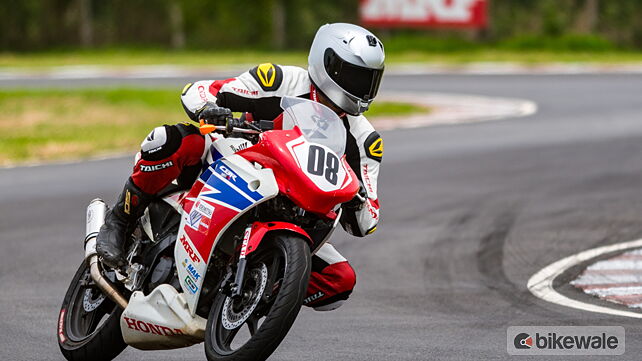








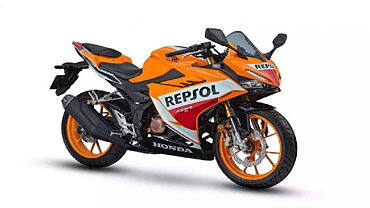
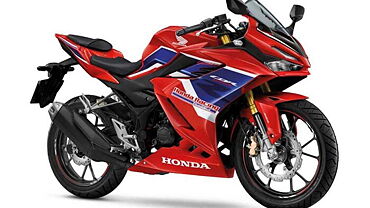
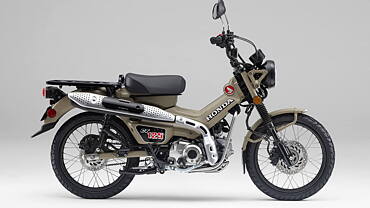
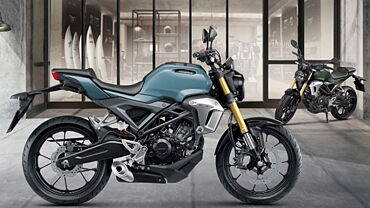
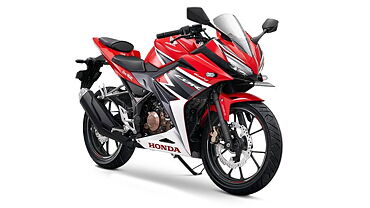

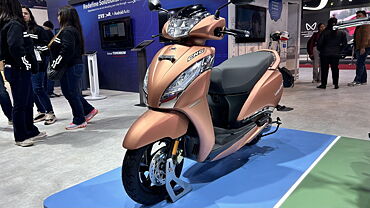
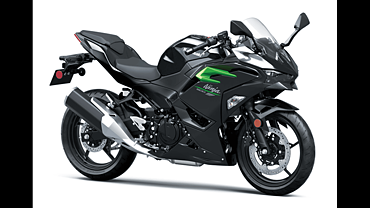
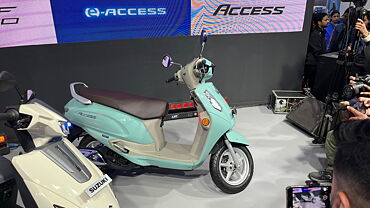
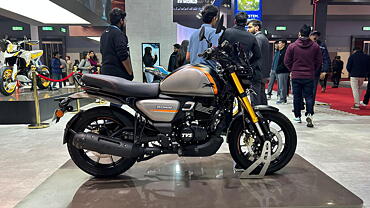

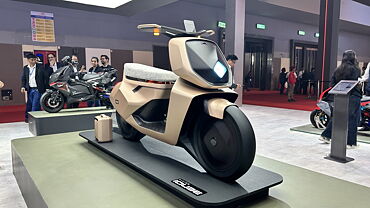
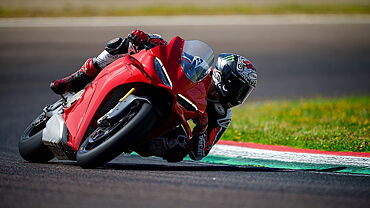
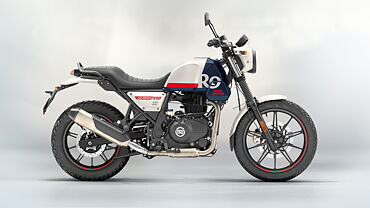
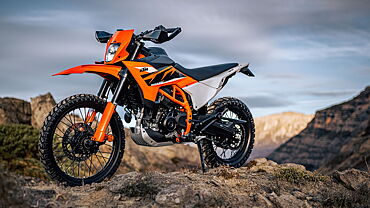





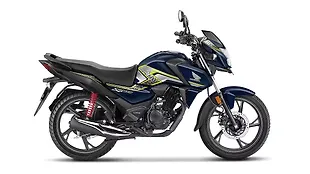
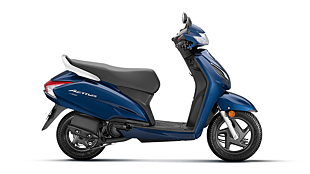



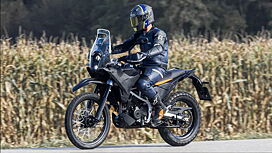
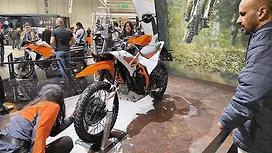
![KTM 390 Adventure X [2025] KTM 390 Adventure X [2025]](https://imgd.aeplcdn.com/272x153/n/cw/ec/190885/390-adventure-x-2025-right-side-view.jpeg?isig=0&q=80)